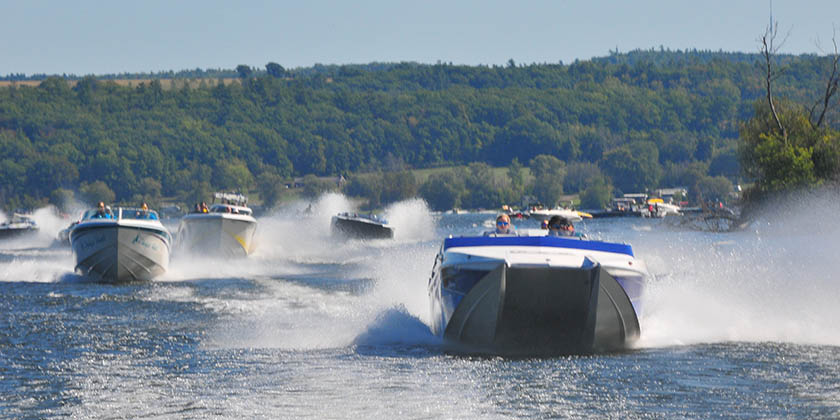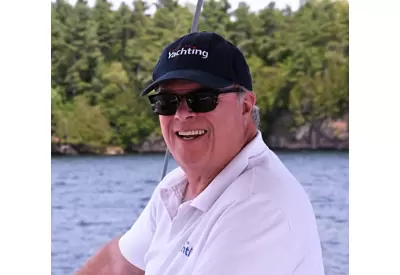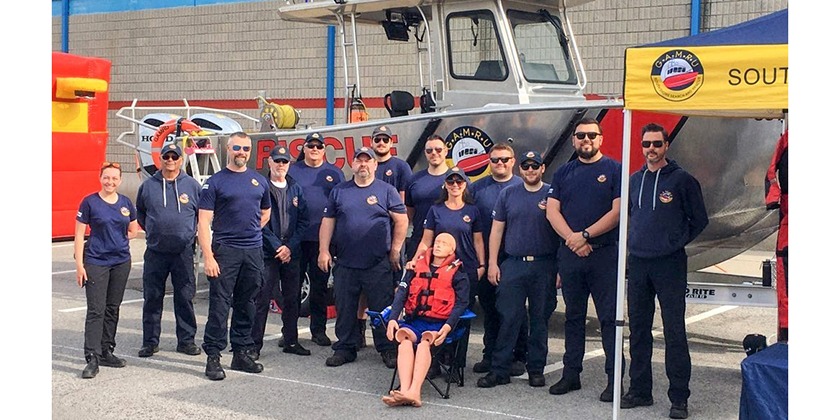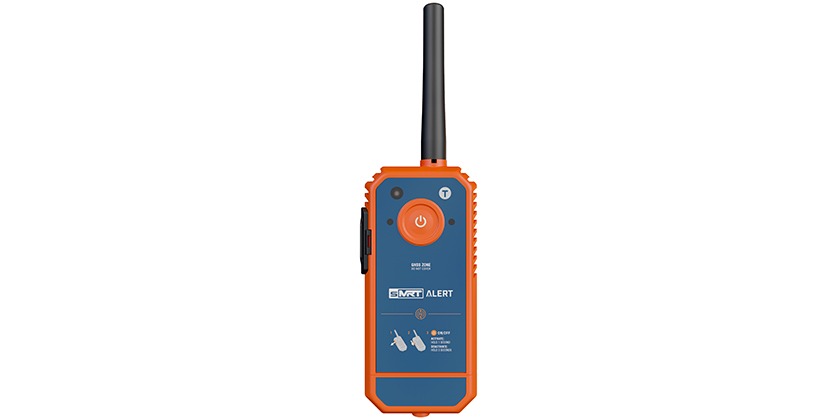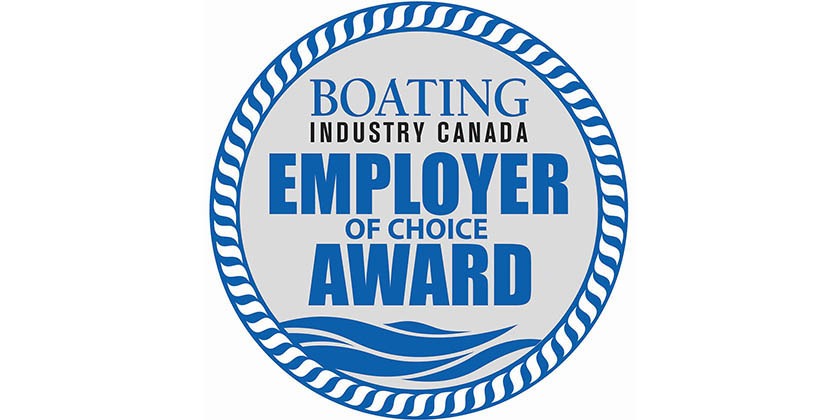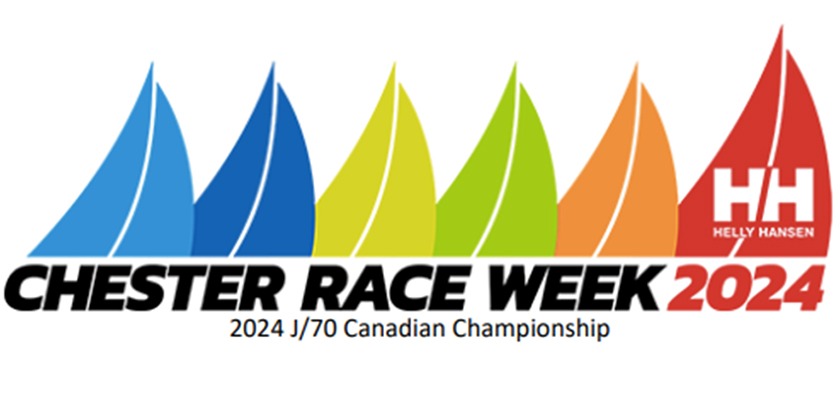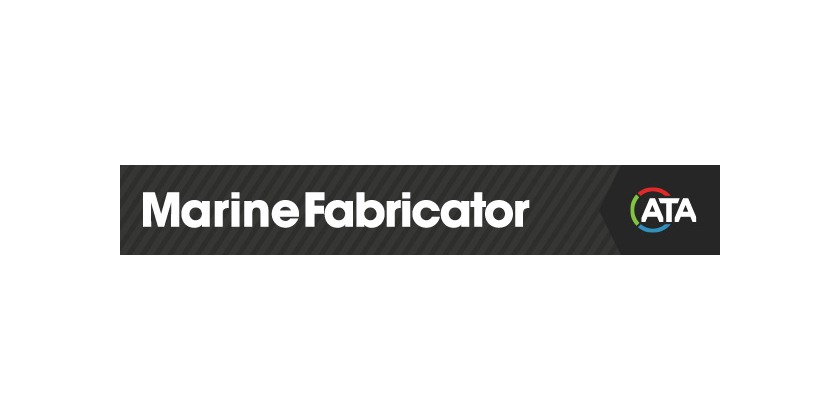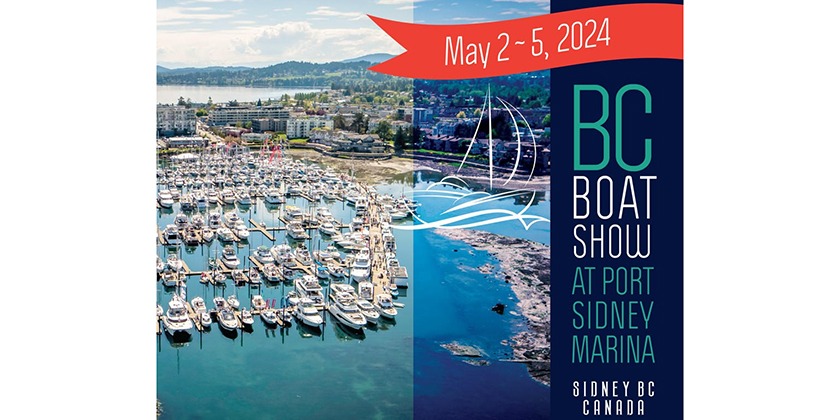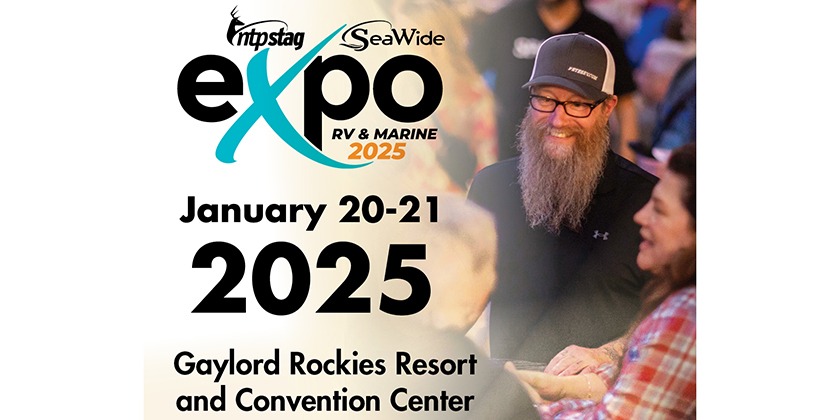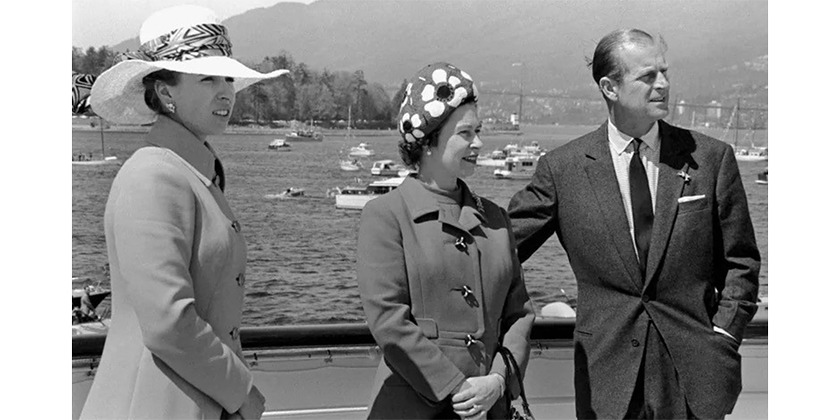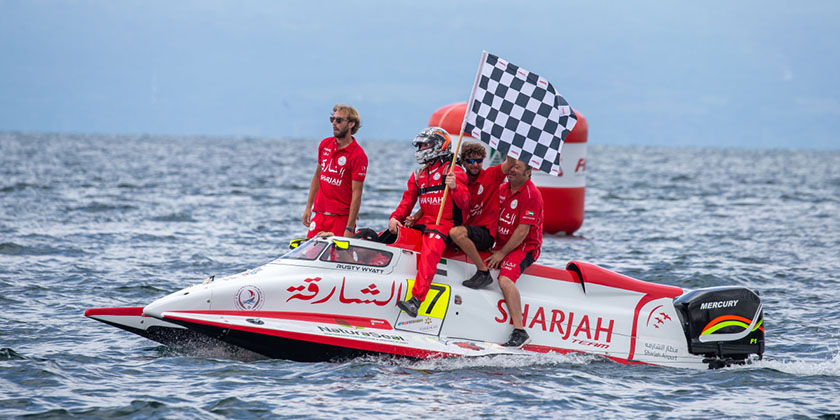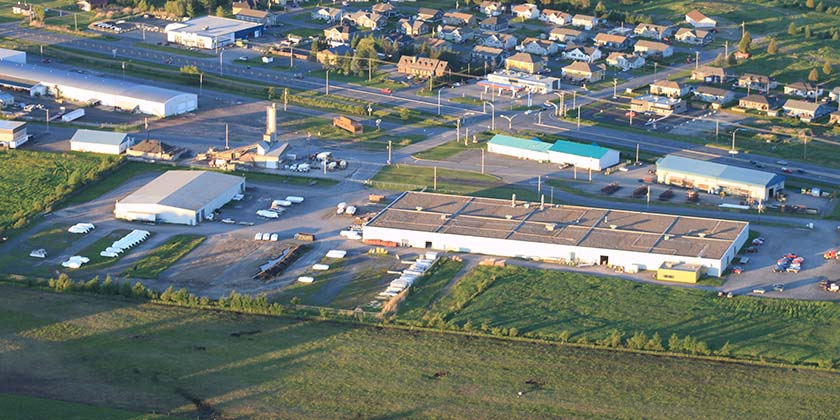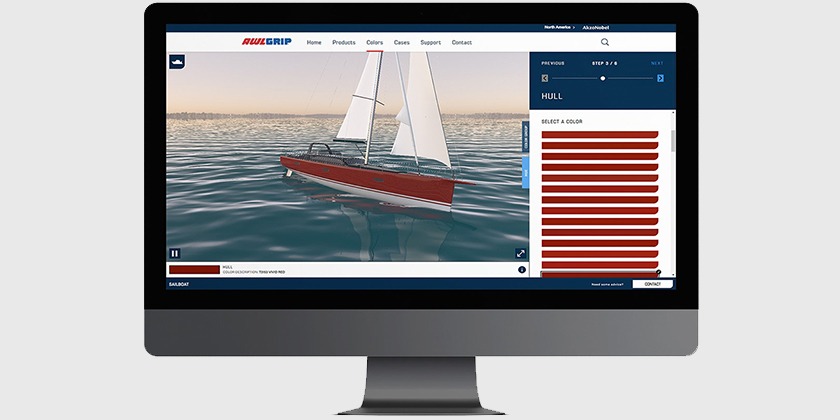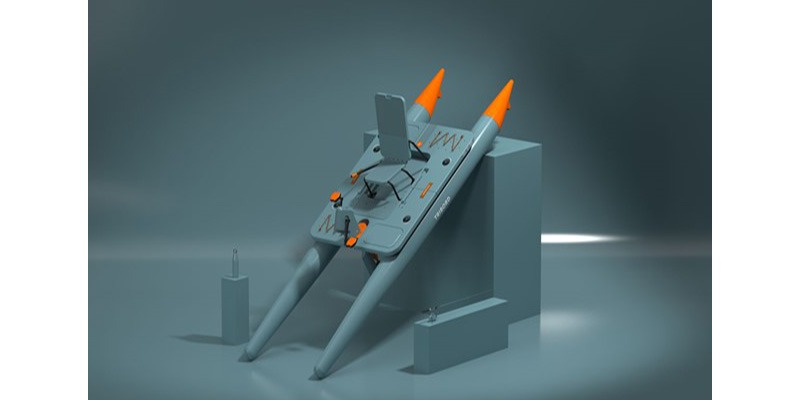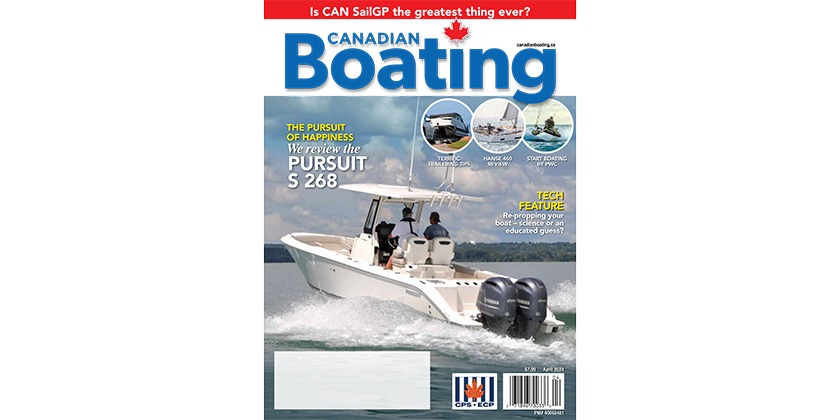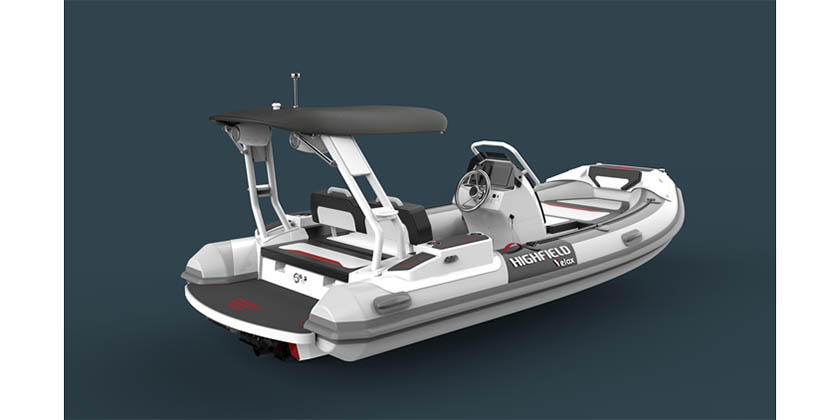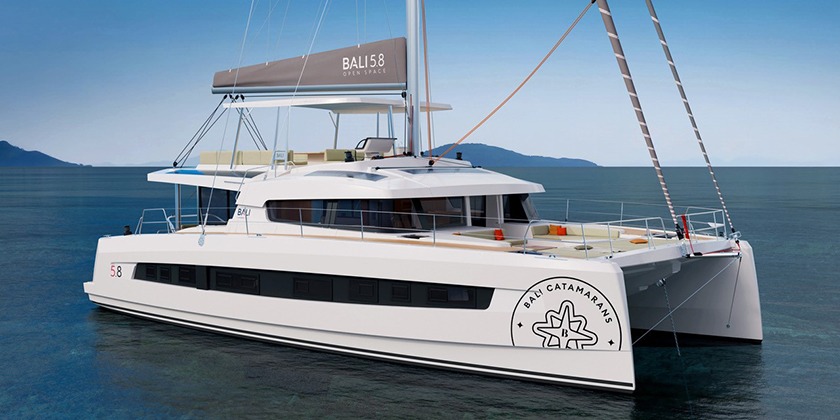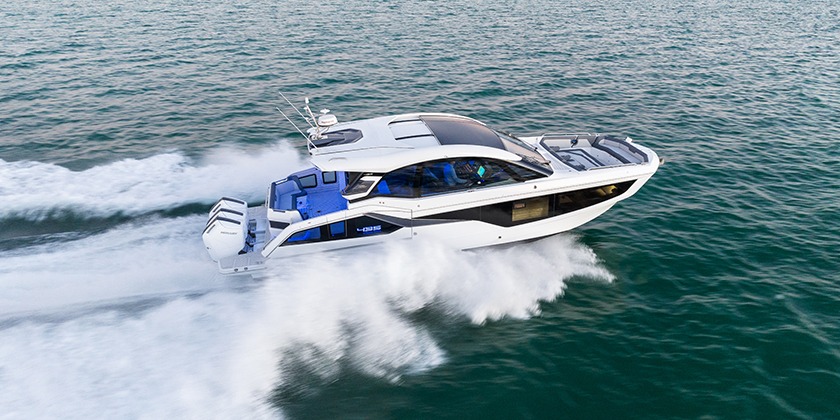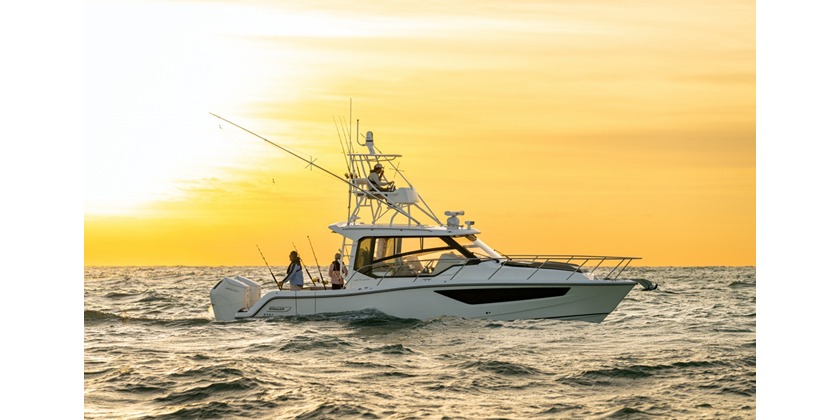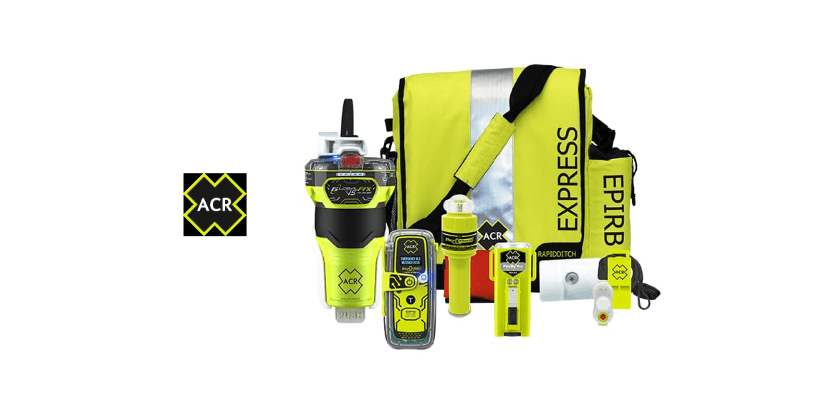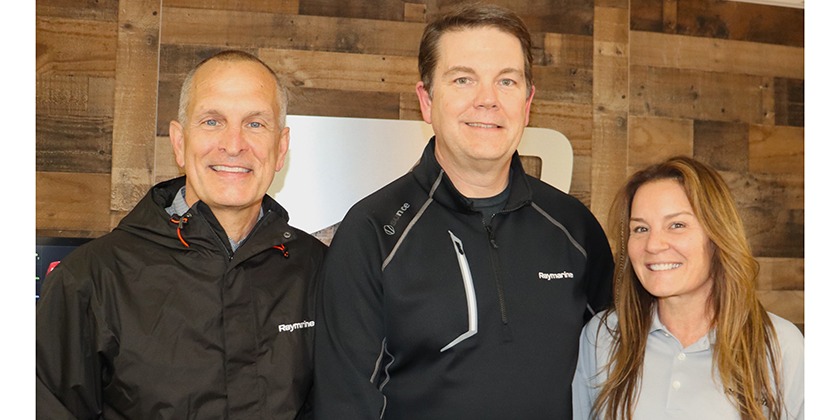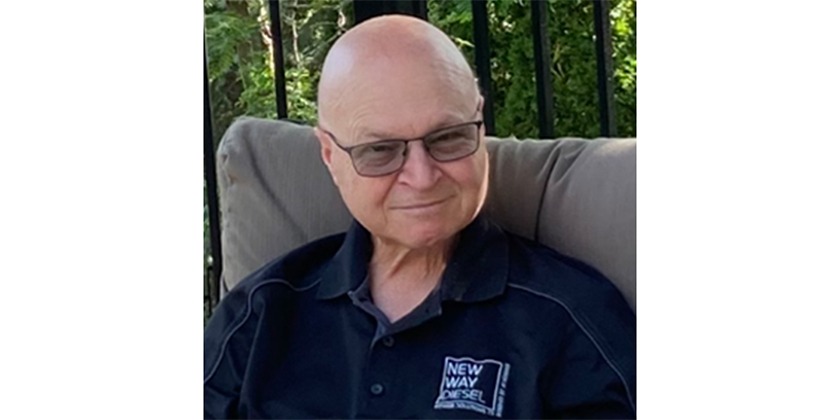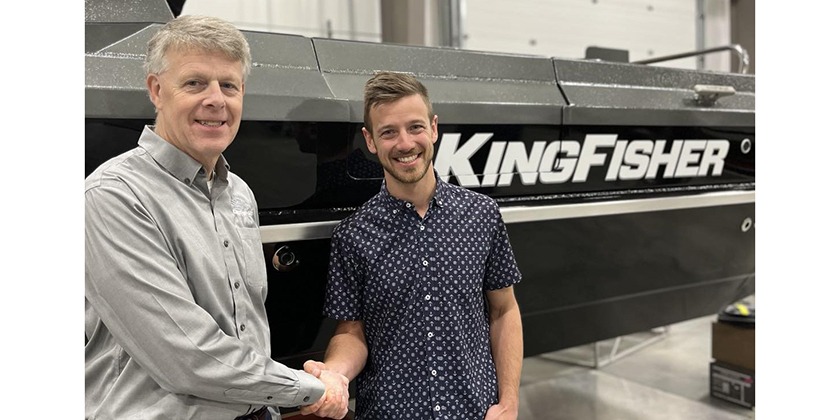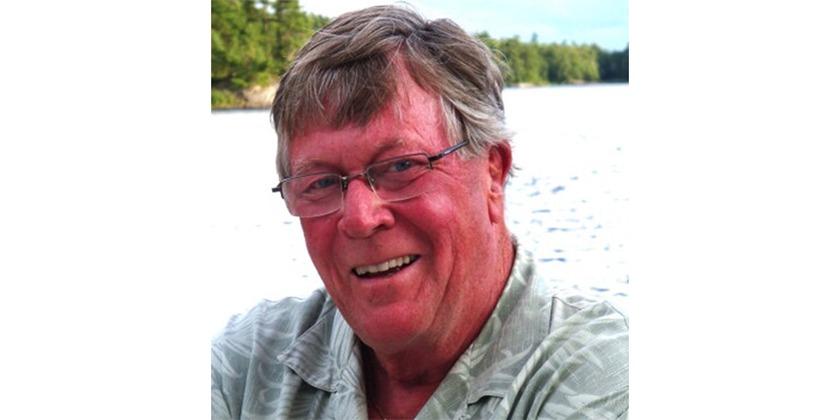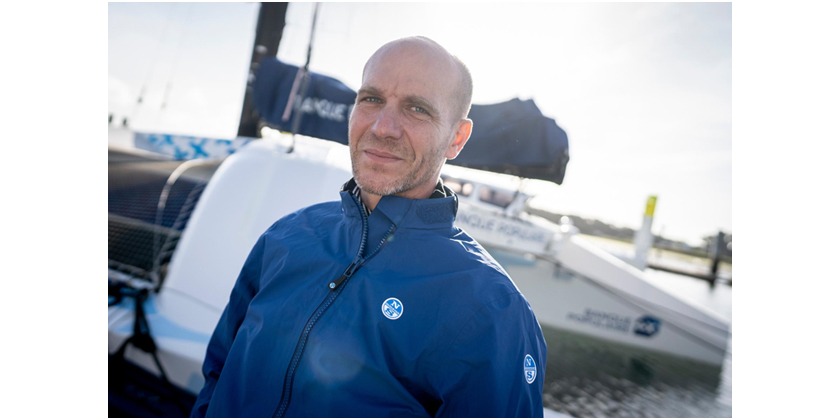NMEA Conference & Expo To Probe Controversial Broadband Proposal
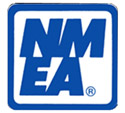
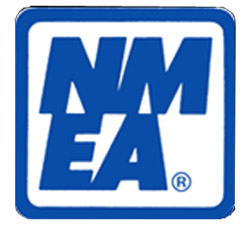 Attendees at the 2011 NMEA International Marine Electronics Conference & Expo will have an opportunity to talk with a representative of a company whose proposal could have a significant impact on the Global Navigation Satellite System (GNSS), which includes GPS. The annual conference of the National Marine Electronics Association (NMEA) will be held September 28–October 1 at the Sanibel Harbour Marriott Resort & Spa in Ft. Myers, Florida.
Attendees at the 2011 NMEA International Marine Electronics Conference & Expo will have an opportunity to talk with a representative of a company whose proposal could have a significant impact on the Global Navigation Satellite System (GNSS), which includes GPS. The annual conference of the National Marine Electronics Association (NMEA) will be held September 28–October 1 at the Sanibel Harbour Marriott Resort & Spa in Ft. Myers, Florida.
Several months ago, LightSquared Subsidiary LLC applied to the Federal Communications Commission (FCC) for permission to allow a new “4G Long-Term Evolution” wireless broadband service to operate in the radio spectrum immediately adjacent to GNSS services, according to Radio Technical Commission for Maritime Services (RTCM) President Bob Markle.
“The nature of radio transmission is such that it is not possible to contain all of the energy to the intended frequency band,” Markle said. “There are always out-of-band emissions on neighboring frequencies. There are regulatory limits on the strength of these out-of-band transmissions, and receivers on neighboring frequencies have to be designed to account for them. GNSS satellite signals are extremely weak at the earth’s surface, and would be completely drowned out by LightSquared’s powerful base station transmissions, perhaps a billion times more powerful than the GNSS signals in the immediate vicinity of the base station.”
Markle added that the problem “is not entirely out-of-band transmissions, which LightSquared claims to have well-controlled on their part. GNSS receivers are designed to listen to a wide band of frequencies near GNSS, in order to sort the weak GNSS signals out of the electromagnetic noise. To date, all of the other signals in this frequency neighborhood have been limited to other weak satellite downlink signals and have presented no problem to GNSS. The powerful LightSquared base stations would change all that. LightSquared suggests better filters for GNSS receivers, but such filters have yet to be built and tested.”
When FCC-ordered tests confirmed that significant interference could occur from the company’s proposal, it was determined that LightSquared would not operate in frequencies closest to GNSS, but the company indicated that this was “not a permanent solution,” according to Markle. The RTCM president added that if you “believed that the problem is over—it is not.”
Geoff Stearn of LightSquared will give a presentation starting at 9 a.m. on Wednesday, September 28, at the opening of the GMDSS Task Force meeting, followed by a brief question- and-answer period.
“This issue is very important to us and our industry because of its possible effects on the GPS system,” said David Hayden, president and executive director of NMEA.
“Although Geoff will be pressed for time, he will be available after his presentation at the GMDSS session for some short group discussions. We urge members to attend.”
Also on the agenda for the four-day conference and expo is a full schedule of educational sessions, including NMEA 2000®, Marine Electronics Installer (MEI) and Advanced MEI training, a DSC/GPS discussion, and nearly 20 presentations by manufacturers. A two-day trade show leads off the event with exhibits by a long list of marine electronics–related companies. To see the complete schedule of events, visit www.nmea.org.

